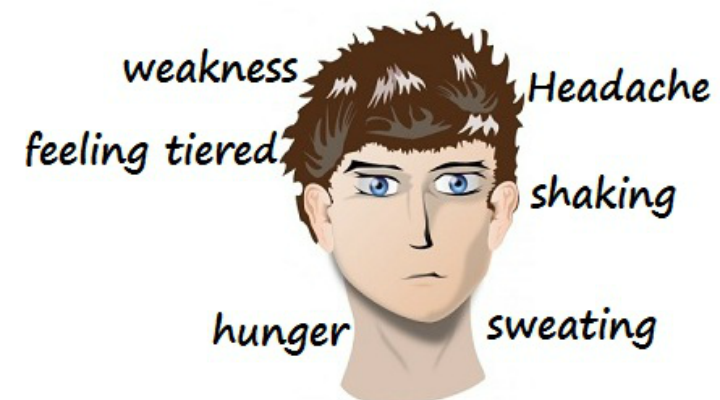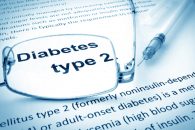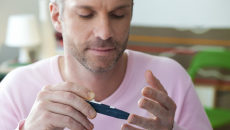A racing heart, headache, unclear thinking, and irritability could be signs that you have a low blood sugar level. Hypoglycemia, low blood sugar, is primarily a complication of diabetes.
People with diabetes can experience hypoglycemia when they take too much insulin medication, don’t carefully time their eating, or increase exercise without increasing nutrition.
Alcohol also contributes to low blood sugar. The hypoglycemic effects of alcohol can last up to 8-12 hours. People with diabetes should eat while consuming alcohol.
Additional symptoms of hypoglycemia include:
- Dizziness
- Paleness
- Cold sweats
- Hunger
- Fainting and seizures (in severe hypoglycemia or insulin shock)
The only way to diagnose hypoglycemia is to check blood sugar levels by using a finger prick test. Levels below 70 mg/dL indicate hypoglycemia, and steps should be taken to raise your
blood sugar. However, people with diabetes who experience symptoms and do not have access to a blood sugar check should not wait before treating as follows:
Hypoglycemia generally can be corrected with about 15 grams of carbohydrates. Options can include 1/2 cup (4 ounces) of fruit juice or a sugared soda, or five to six hard candies.
Hypoglycemic episodes can be prevented by:
- Checking blood sugar levels during exercise
- Consuming alcohol very moderately
- Eating at regular intervals



